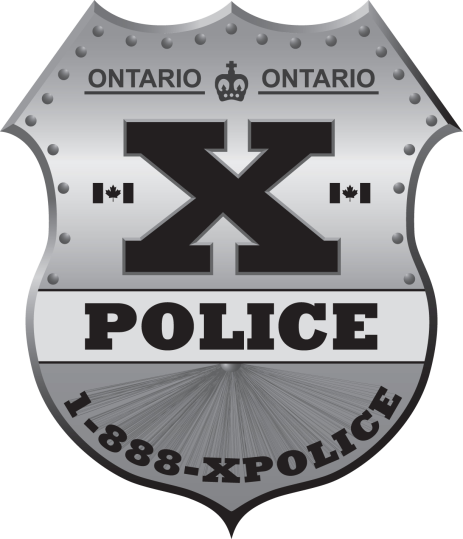In their effort to prevent impaired driving, the Liberals have given police new powers. Those powers may be unconstitutional.
Part Two of Bill C-46, the law-enforcement component of the legislation that legalized the sale of cannabis, became law Dec. 18. While most of C-46 concerns driving while impaired by drugs, this part of the bill involves alcohol impairment.
Under the new law, a police officer who pulls over a motorist may demand a breath sample from the driver, even if there is no sign of impairment. Under the old, law police could only demand a breath sample if there was “reasonable suspicion.”
For critics, the law is an inexcusable violation of an individual’s Charter rights, and an invitation to police harassment of visible minorities. For supporters, the need to identify drunk drivers and get them off the road justifies any apparent violation.
Who is right? It’s safe to assume the Supreme Court will ultimately decide.
Section 7 of the Charter declares that “everyone has the right to life, liberty and security of the person.” Granting the police the power to compel someone to offer a breath sample without any outward sign of impairment clearly violates that right.
But Section 1 permits exceptions that “can be demonstrably justified in a free and democratic society.” So the law requiring that passengers and their luggage be screened at airports is constitutional because Section 1 of the Charter saves the law that permits such screening from its apparent Section 7 violation.
For that reason, Wayne MacKay believes C-46 will withstand any Charter challenge. “The issues of drunk driving are extensive enough, and the results tragic enough, that trying to do something to improve that is worth doing,” the emeritus professor of law at Dalhousie University said in an interview.
What matters, he points out, is that police have to have good reason to pull you over in the first place.
Peter Hogg also defends the new law. One of Canada’s leading constitutional authorities, in his submission to the House of Commons on C-46 Mr. Hogg concluded: “Concerns about public safety have already made driving a heavily regulated activity, and RBT [random breath testing] will make an important contribution to public safety.
“The invasion of the driver’s privacy is minor and transitory,” he stated, “and not much different from existing obligations to provide evidence of licensing, ownership and insurance.”
But Don Stuart disagrees. The professor of law at Queen’s University and author of Charter Justice in Canadian Criminal Law, believes that the existing laws “have worked reasonably well.”
Any further violation of individual liberties, he said in an interview, would unfairly infringe on a person’s Charter rights under Section 8, which guarantees the right “to be secure against unreasonable search or seizure.”
He also thinks “there’s a real danger of racial profiling”– of police demanding samples from drivers simply because they are members of a racial minority. He made those arguments in testimony before a Senate committee that studied the bill.
This is also the view of the Canadian Bar Association. “Increasing police powers do not come without societal costs,” the association said in a submission to a Senate committee that was studying the bill. “The experience of ‘carding’ or ‘street checks’ is instructive on how the exercise of police authority can disproportionately affect visible minorities.
“Bill C-46 amounts to carding while in a car.”
There are other aspects of the new law that are problematic. For example, police now have the right to require all drivers to provide a breath sample during roadside checks such as the RIDE program.
The Criminal Lawyers Association had a point when it protested that the new law presents “a host of new legal challenges which are bound to occupy precious court resources for the foreseeable future.”
The Liberals have struggled to explain why impaired driving isn’t likely to increase now that cannabis use is legal. Bill C-46 was designed to help allay those fears. The question now is whether the government went too far, in trying to crack down on alcohol impairment as well.
Source: The Globe and Mail
